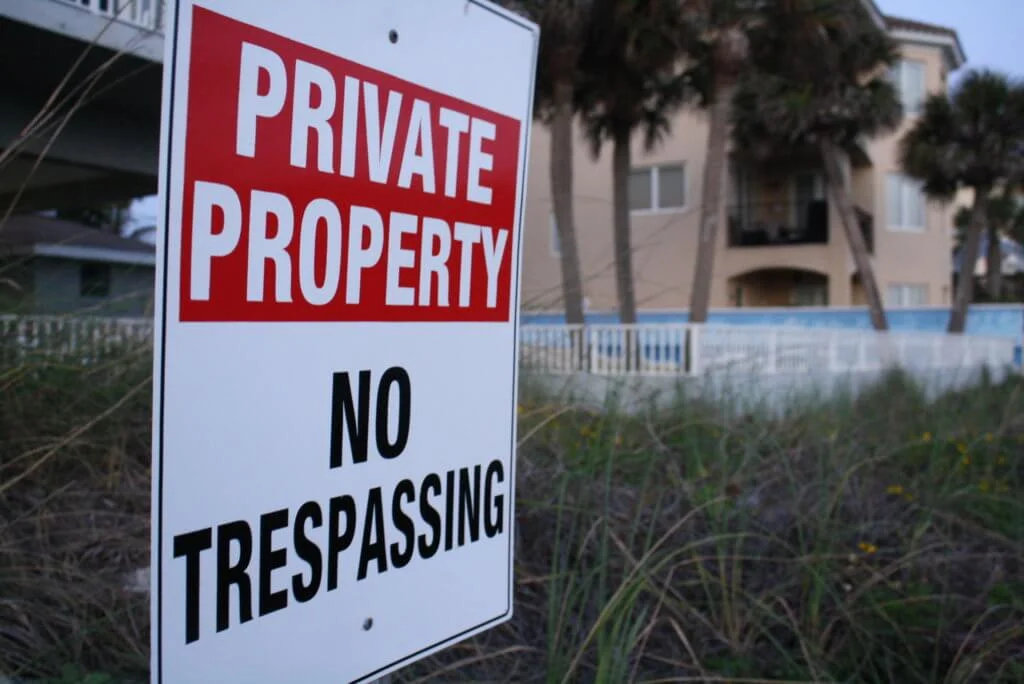There are many reasons that a once occupied home could quickly turn into a vacant house. A slow turnaround between renters, a major life event such as a death or inheritance, or a slow buyer’s market are just a few of the reasons that a home could become vacant.
Due to its very nature, a vacant home often falls into the “out of sight, out of mind” category as homeowners make the property a low priority. Unfortunately, the latter mentality is not only risky, but it can quickly become expensive.
Insuring A Vacant House Is A Vital Step That You Must Take To Protect Your Asset
A vacant property can quickly become a costly liability for homeowners, especially if there is a lapse in homeowner’s insurance. Many standard homeowner’s insurance policies do not cover vacancies, which means that the owner will need to acquire an additional policy.
The vacancy policy should cover the property, the home itself, and the liability needed should someone become hurt inside of the home or on the property. Without the proper insurance, homeowners will have to pay all property damage and injury, including medical bills and possible lawsuits, out-of-pocket.
What Are The Risks Associated With A Vacant House?
Every day that the house is left empty, is another day that the potential risk grows. Unfortunately, without the proper insurance, homeowners could have to face the following risks on their own.
Risk #1. Theft and Vandalism
Vacant homes are more likely to attract trespassers, criminals, and thieves. The house can quickly become an easy target for petty crimes, such as broken light bulbs, to more serious acts of vandalism, such as graffiti and structural damage.
There is also a higher risk if the home is vacant, but still furnished. In the latter case, burglars won’t think twice about breaking into the home, stealing the furniture, and stripping the home of any appliances that were left behind. Some thieves will even steal piping and other structural items that can be stripped down and sold for cash.
Risk #2. Trespassing and Squatters

No matter its location, a vacant house is an easy target for trespassers and squatters. As discussed in our guide on squatters, the longer that a squatter resides in a vacant property, the greater the risk of damage, the higher the chance of future legal problems, and the harder it might be to evict the squatter.
Like squatters, trespassers also pose a risk to the vacant home. They can see the property as a great party spot or the ideal place to conduct illegal activities. Without proper insurance, homeowners will be liable for the costly damages that squatters and trespassers can cause.
Risk #3. System Failures
System failures can quickly lead to extensive damage and high utility bills. Whether it is a leaky faucet that triggers a steady flood of water, or a short in the fuse box that causes a fire, vacant houses are at a higher risk for costly system failures.
If homeowners live out of state, the risks associated with system failures are even higher. It is more likely that the system failure will go unnoticed for a prolonged period of time, and in some cases could lead to a condemned house.
Risk #4. Neglecting Maintenance
When a home is occupied, it is far more likely that the “little things” are taken care of promptly. However, when a home is left vacant, the “little things” quickly escalate into larger problems.
For example, if it is left unattended, the leaky roof can quickly lead to water damage on multiple floors and extensive structural damage to the home. Unfortunately, repairing these larger problems is typically a more stressful and expensive process.
So what should I do with my vacant house?
If you have a vacant house, then you should sell it quickly with the help of HomeGo. Instead of waiting for the “little things” to grow into larger problems, or for squatters to cause property damage and legal woes, you should eliminate the liability and asset risk of owning a vacant house.
The good news is that HomeGo can typically make a same-day offer and close on your vacant property in as little as seven days. Sell your vacant home quickly and avoid paying costly vacancy insurance when you contact HomeGo today.




